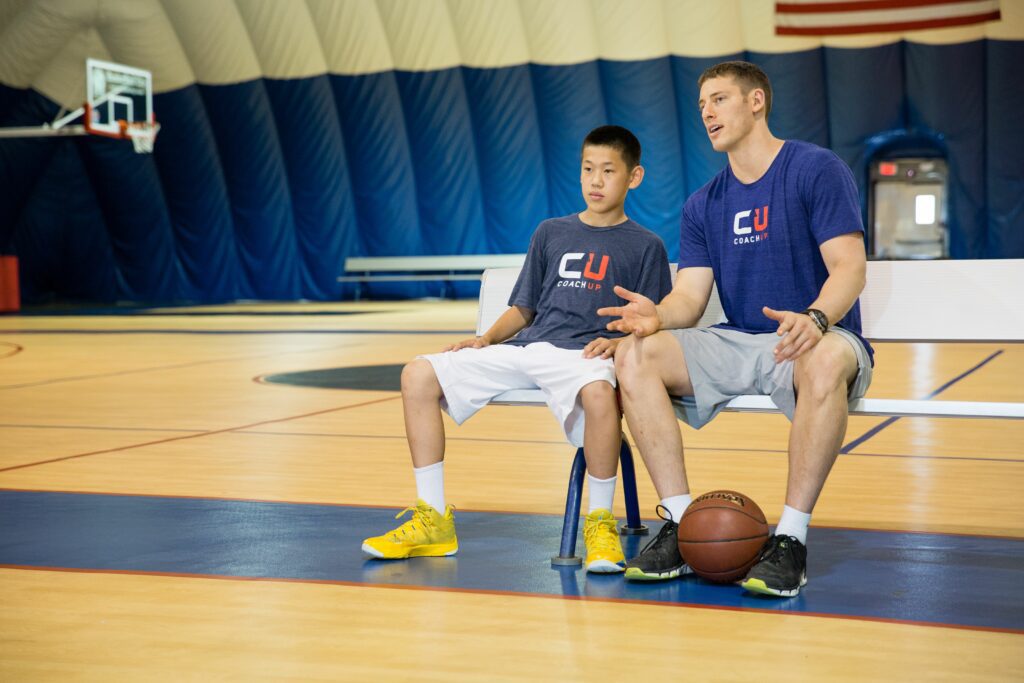Coaches love coachable athletes. They’re the ones on the team that listen to the coach and do as they are instructed. Sometimes, as parents, we can be so busy helping our kids develop skills that we neglect the important characteristic of coachability. Ultimately, that may be the very trait that helps your child reach his or her full potential.
Build coachability within your youth athlete with these 5 tips
Encourage the desire to learn
In Matthew Keller’s Key to Everything, he says that coachable people “never allow themselves to have an arrival mentality. They never think they have learned so much that they can’t improve themselves in some way.” In other words, coachable people have the desire to keep learning. You can help build coachability in your athlete by exposing them to more opportunities for growth. Encourage them to improve upon their existing strengths, and nurture their curiosity to learn more. Entrenching coachability in your youth athlete will open doors in both their athletic career and in life beyond.
Give them an appropriate view of success
If winning is the only thing that matters to a young athlete, it is more likely that they will struggle to learn new things. When winning is the only purpose of playing, expanding one’s comfort zone becomes a challenge, and growth becomes limited. Emphasizing growth in sports, rather than just winning, will allow your athlete to find greater joy in practice and training—forcing their coachability characteristic to develop. Teach your child to be equally concerned with team success as their own individual achievements. Shifting their view of success off of individual performance will help them better understand the role they fill on the team—another prospect which is conducive to developing coachability.
Show them the value of being open to feedback
Listening is the first step towards coachability. It’s a given that kids need to listen to their coach’s feedback, but what if they don’t want to listen? Often times, if feedback isn’t received well or if it comes from someone who they don’t have a strong relationship with, a young athlete will tune it out completely. Help your child understand that if they truly want to get better, they need to be open to feedback and constructive criticism from both their coach and their peers.
Applaud their flexibility
You need to encourage your child to adapt to challenges. Whether they’ve been asked to play a new position or have been tasked with learning a new offense, any type of positive reassurance from you will help. Remind your child that being set in their ways is not going to help them improve as an athlete, and it definitely won’t help the team either. Emphasizing the value of adaptability will open their mind to taking on new challenges in the future. Having the confidence to be flexible within a team environment is a key component of coachability.
Help them handle their failures
Everyone experiences failure, so the question is not “if,” but “when I fall short, how will I handle it?” Your child can handle failure well by examining the situation to learn from it, rather than letting it define them as an athlete. This will be challenging, but it is a vital lesson for becoming coachable. If your athlete shuts down after failure, their potential to be coached through it and communicate their struggles will be hindered.

With our 100% money-back guarantee and vetted coaches, anyone can achieve their full athletic potential. CoachUp is the safest and easiest way to find a coach for personalized training. Find your perfect coach today and become the athlete you want to be!
How useful was this post?
Click on a star to rate it!
Average rating 4.6 / 5. Vote count: 20
No votes so far! Be the first to rate this post.




